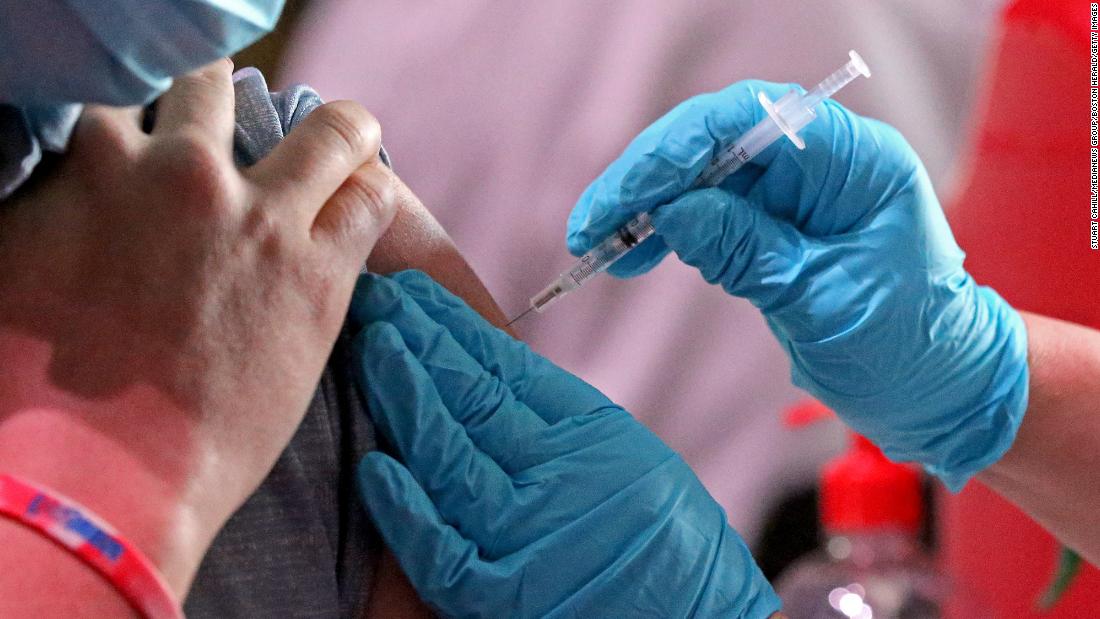A leading expert who helped create the Oxford-AstraZeneca COVID-19 vaccine said Tuesday that it is not feasible to give everyone around the world booster shots multiple times a year.
“We cannot vaccinate the planet every four to six months. It is not sustainable or affordable,” said Professor Andrew Pollard, director of the Oxford Vaccine Group and head of the UK Committee on Vaccination and Immunization, in an interview published Tuesday. in The Daily Telegraph.
Pollard also stressed the “need to target the most vulnerable” from now on, rather than dosing everyone 12 and older. More data is needed to determine “if, when, and how often vulnerable people need additional doses,” he said.
Pollard also said he believed more evidence was needed before offering a fourth dose against COVID-19 to the UK population, which is currently applying third doses to healthy people 18 years of age and older, and at-risk people aged 16 years. or more.
In another interview with Sky News on Tuesday, Pollard also cited the glaring inequality in vaccine deployment around the world.
“From a global point of view, it is neither affordable nor sustainable nor possible to administer four doses to everyone on the planet every six months,” Pollard said. “And you have to remember that today less than 10% of people in low-income countries have even received their first dose, so the idea of a fourth regular dose globally is not sensible.”
Israel has already started applying a fourth dose of the vaccine, offering it to all medical workers and people aged 60 and over starting Monday.
And at the end of December, German Health Minister Karl Lauterbach told the ZDF public broadcaster that Germans “will need a fourth vaccine” against covid-19.
However, Pollard was optimistic in his interview. “The worst is over” and the world “just has to get through the winter,” he said.
“At some point, society has to open up,” he added. “When we open up, there will be a period with an infection slump, so winter is probably not the best time.”
Andrew Pollard, director of the Oxford Vaccine Group and head of a UK vaccination committee.
He concluded by issuing a stark warning about the dangerous consequences of vaccine misinformation, noting that even “unintentional” comments from politicians can wreak havoc.
“Let’s say the comments made in continental Europe affected people in Africa,” he said.
In the United States, meanwhile, it is too early to talk about a possible fourth dose of the coronavirus vaccine for most people, Dr. Anthony Fauci, director of the National Institute of Allergy and Infectious Diseases, said Dec. 24. .
“I think it’s too early to talk about a fourth dose,” Fauci told Michael Wallace and Steve Scott of WCBS Newsradio 880.
“One of the things that we are going to monitor very closely is what is the durability of protection after the third dose of an mRNA vaccine,” Fauci said. Moderna and Pfizer / BioNTech are mRNA vaccines.
“If the protection is much more durable than the two-dose unreinforced group, then we could go a significant period of time without needing a fourth dose,” Fauci said. “So I think it’s premature, at least for the United States, to talk about a fourth dose.”

